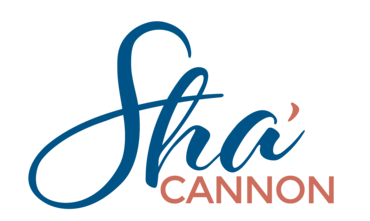For online, service-based businesses, the speed at which proposals are sent out can significantly impact revenue generation. The quicker a proposal reaches a potential client, the sooner the opportunity to secure the business is realized. Delays in proposal delivery can lead to lost momentum, diminishing client interest, and leaving room for competitors to swoop in. Without a streamlined process for getting proposals out quickly, businesses risk not only losing clients to more responsive competitors but also leaving money on the table by failing to capitalize on time-sensitive opportunities. Speed is not just a convenience; it’s a crucial factor in driving consistent cash flow
- Phases. Breaking down your service into clear, manageable phases not only provides structure but also sets realistic expectations for both you and the client. Start by dividing the service into distinct stages of implementation. Based on these phases, develop a preliminary timeline to guide the client on what to expect and when. Be transparent about what each phase includes and, just as importantly, what it does not cover. This approach ensures clarity, prevents scope creep, and facilitates smoother communication, ultimately creating a more professional and efficient service experience.
- Payments. Offering flexible payment options is essential for creating a seamless client experience and maintaining a steady cash flow. Whether it’s requiring payment in full upfront, a deposit followed by payments tied to each phase of service, or a final payment before the last phase, having clear payment terms ensures both parties are on the same page. These options not only help clients feel more comfortable committing to your service but also protect your business by aligning payments with progress, minimizing financial risk, and reinforcing professional boundaries.
- Templates. Having a well-structured proposal template is a game-changer for speeding up the proposal process and ensuring consistency. A strong template should include general information about your services, clear terms aligned with the implementation phases, and an appendix for tailoring the scope of work to the specific client. This not only reduces the time spent creating proposals from scratch but also ensures that your presentations are professional and comprehensive. By standardizing key elements, you can focus on customizing the details that matter most, improving efficiency while maintaining quality and clarity.
- Interview. An interview, often called a discovery call, is a vital step in the proposal process, allowing both you and the potential client to assess compatibility and clarify needs. This conversation provides a platform to discuss their specific challenges and how your services can address them, ensuring that expectations are aligned from the start. During this call, you can identify any necessary customizations to your standard offerings, which will later be detailed in the appendix as the scope of work. Additionally, it allows you to make minor adjustments to the templated sections of the proposal, ensuring it resonates with the client’s unique situation. This step builds trust, fosters understanding, and lays the groundwork for a tailored, professional proposal.
If you are an entrepreneur struggling to make your first 6 figures in business, you should be in our group -it’s FREE. We have 3 pillars of value that make it better than some paid groups 1) we actually come together to commune and build community for support 2) we collaborate to make each others’ businesses better and make money together AND 3) we have conversations beyond the articles that are transformational for your business growth!! Sign up at https://ShaCannon.info/group

